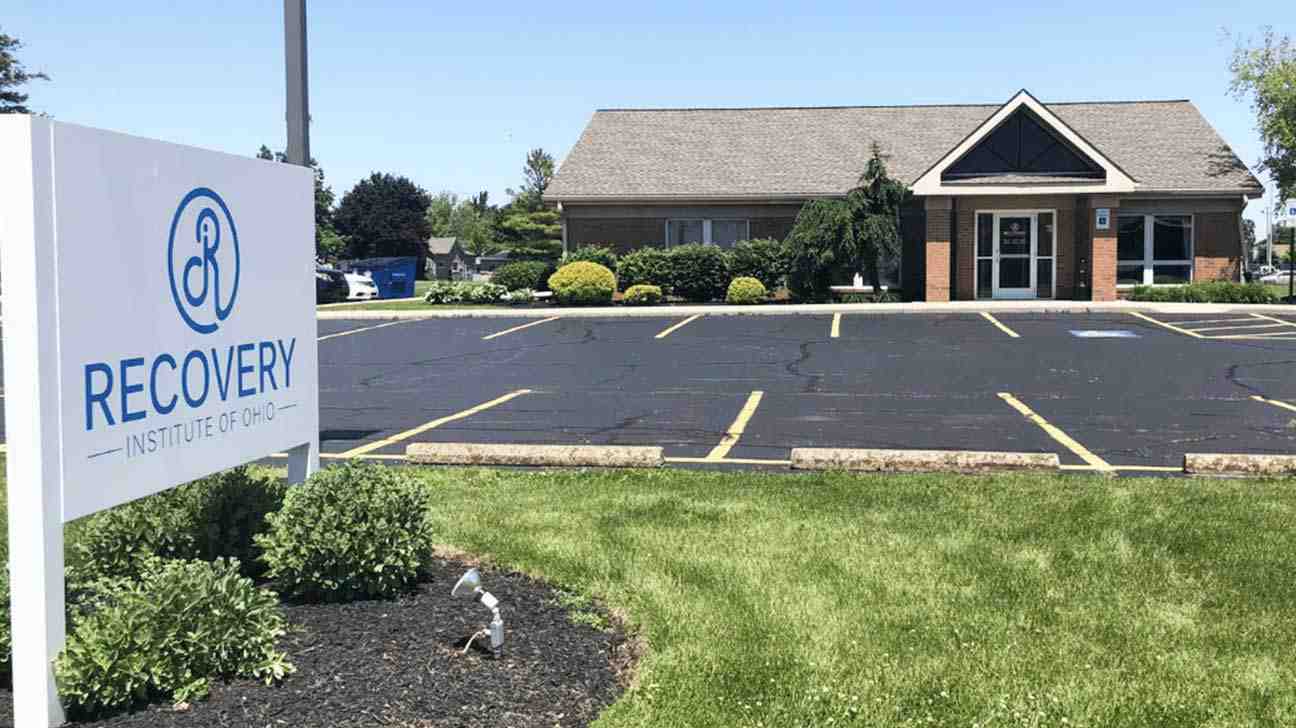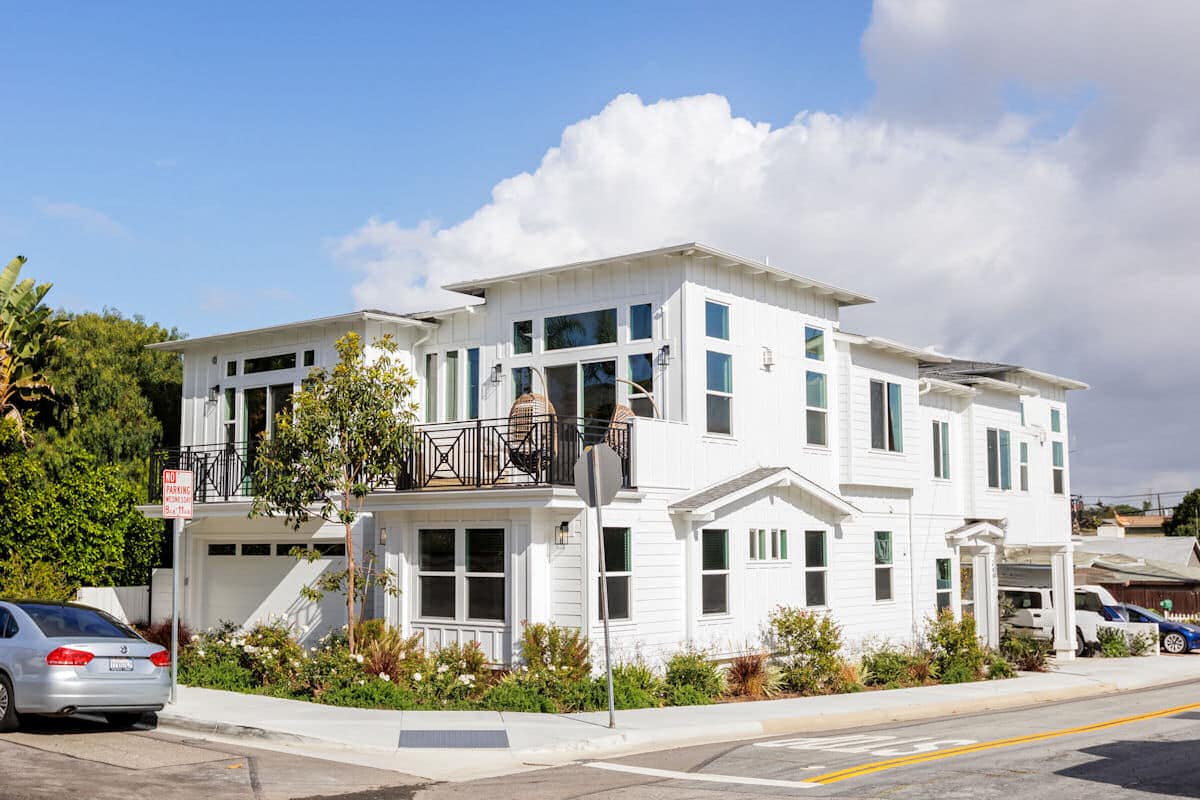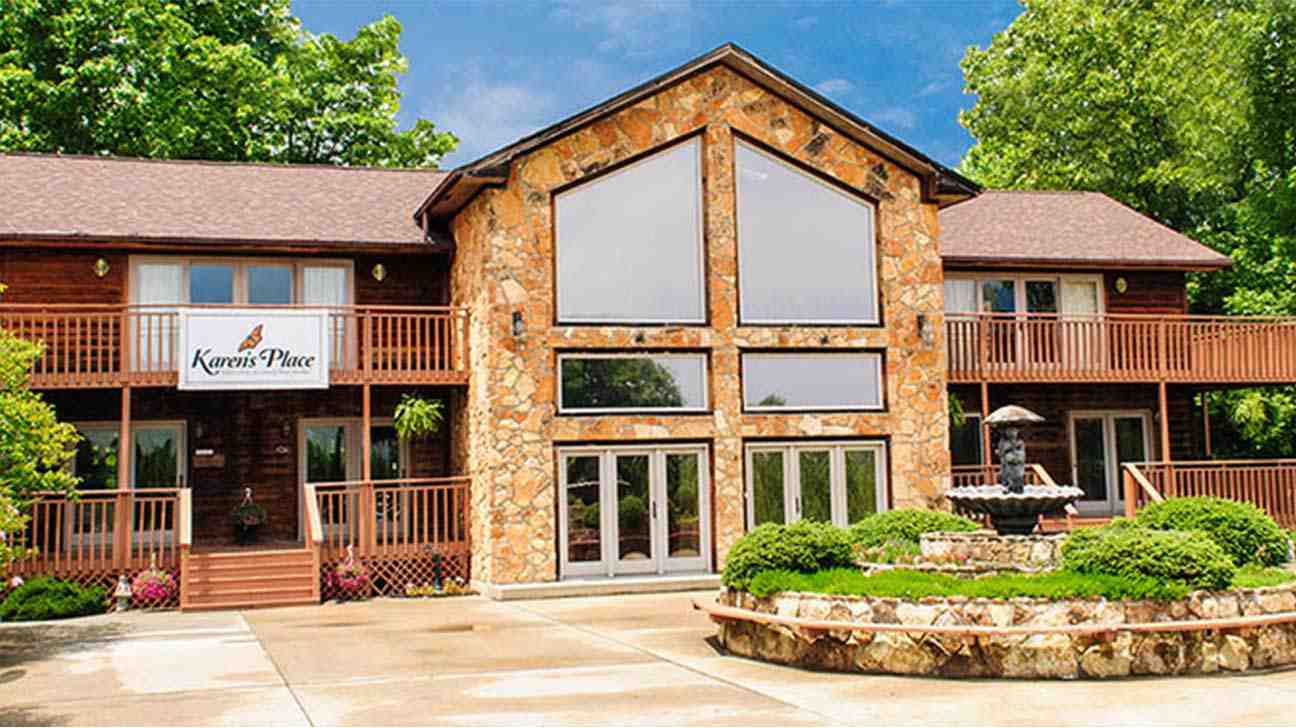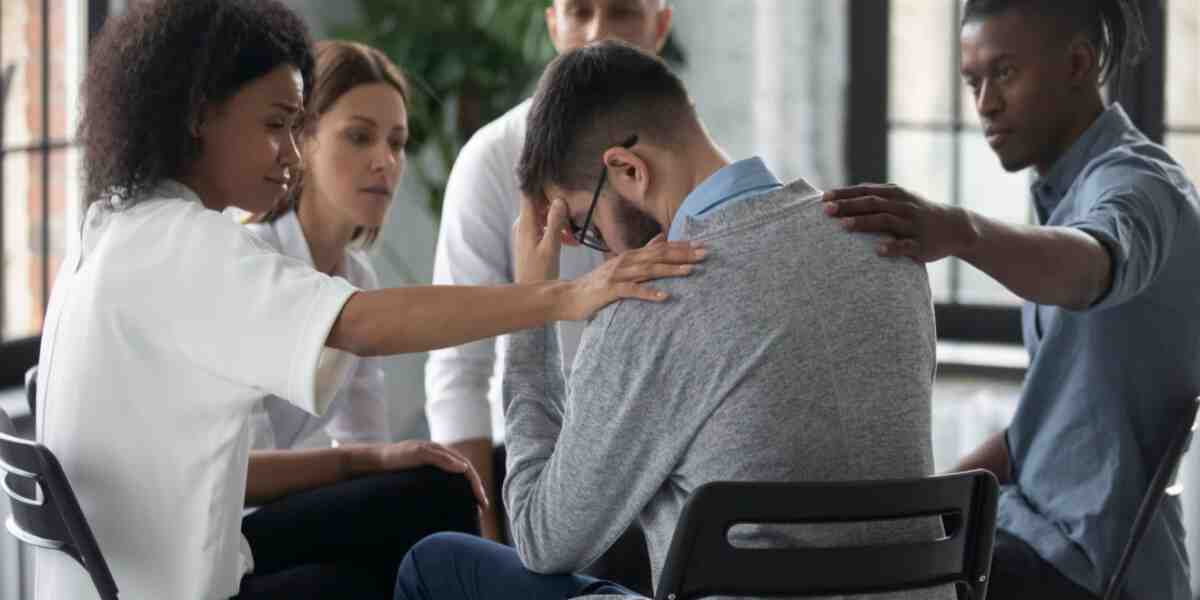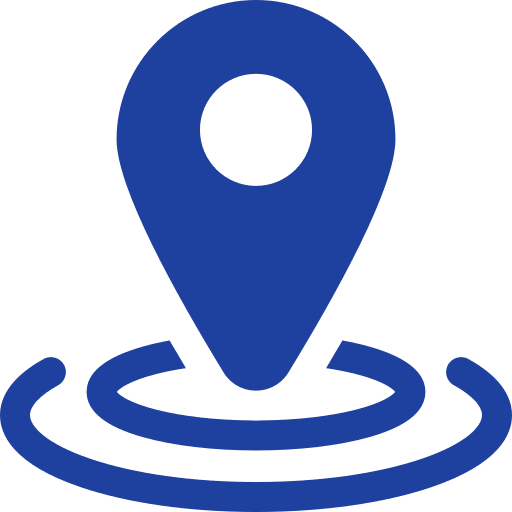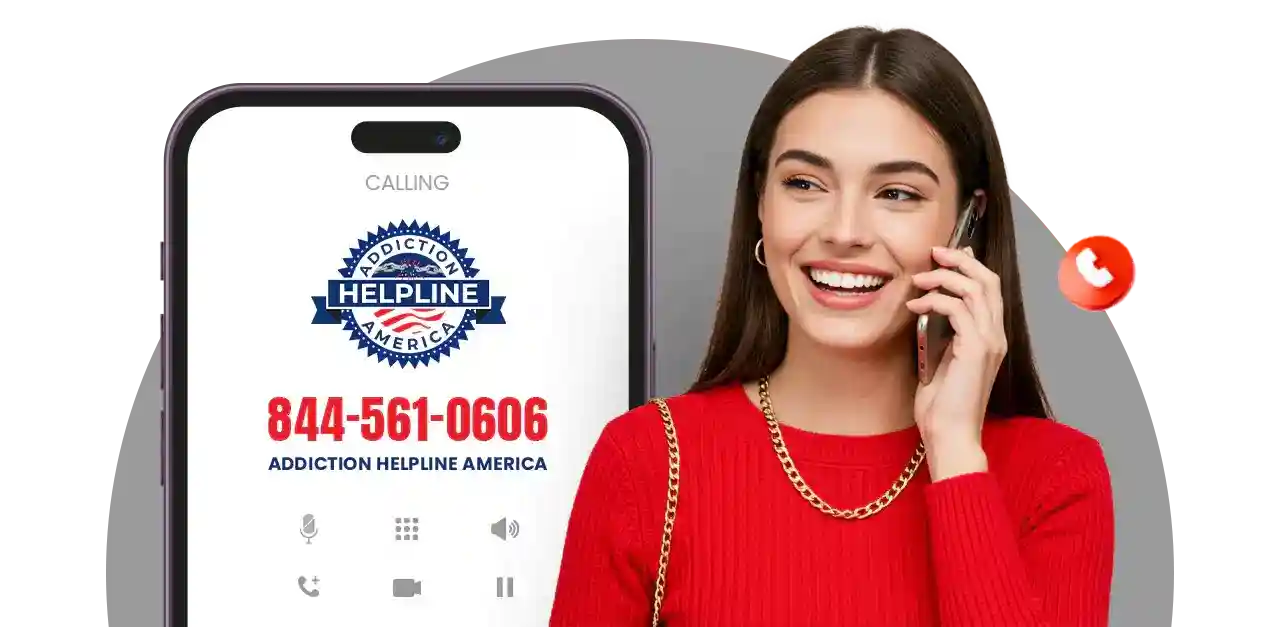
Your First Step Towards Recovery
Helplines for substance abuse provide immediate, confidential support 24/7 to connect you with treatment options and recovery resources. Here’s what you need to know:
Quick Access to Substance Abuse Helplines:
- Call: Trained specialists available 24 hours a day, 365 days a year
- Text: Confidential support via SMS for those who prefer texting
- Chat: Online messaging options for immediate help
- Free: All services are completely free with no hidden costs
- Confidential: Your privacy is protected—no judgment, just help
If you or a loved one is struggling with addiction, you don’t have to face it alone. Whether you’re battling substance use, worried about family, or don’t know where to turn, helplines exist to guide you.
These services connect you with trained specialists who can point you toward local treatment facilities, support groups, and recovery resources. They operate around the clock in multiple languages, ensuring help is always a call, text, or chat away.
Helplines handle thousands of interactions monthly, providing crucial information and referrals. For example, the Massachusetts Substance Use Helpline made 8,621 referrals in a single year—proof that reaching out works.
At Addiction Helpline America, we’ve dedicated our work to connecting individuals and families with the right resources for recovery, specializing in matching callers with appropriate helplines for substance abuse and treatment options nationwide. Our mission is simple: provide compassionate, confidential guidance to anyone seeking freedom from addiction.
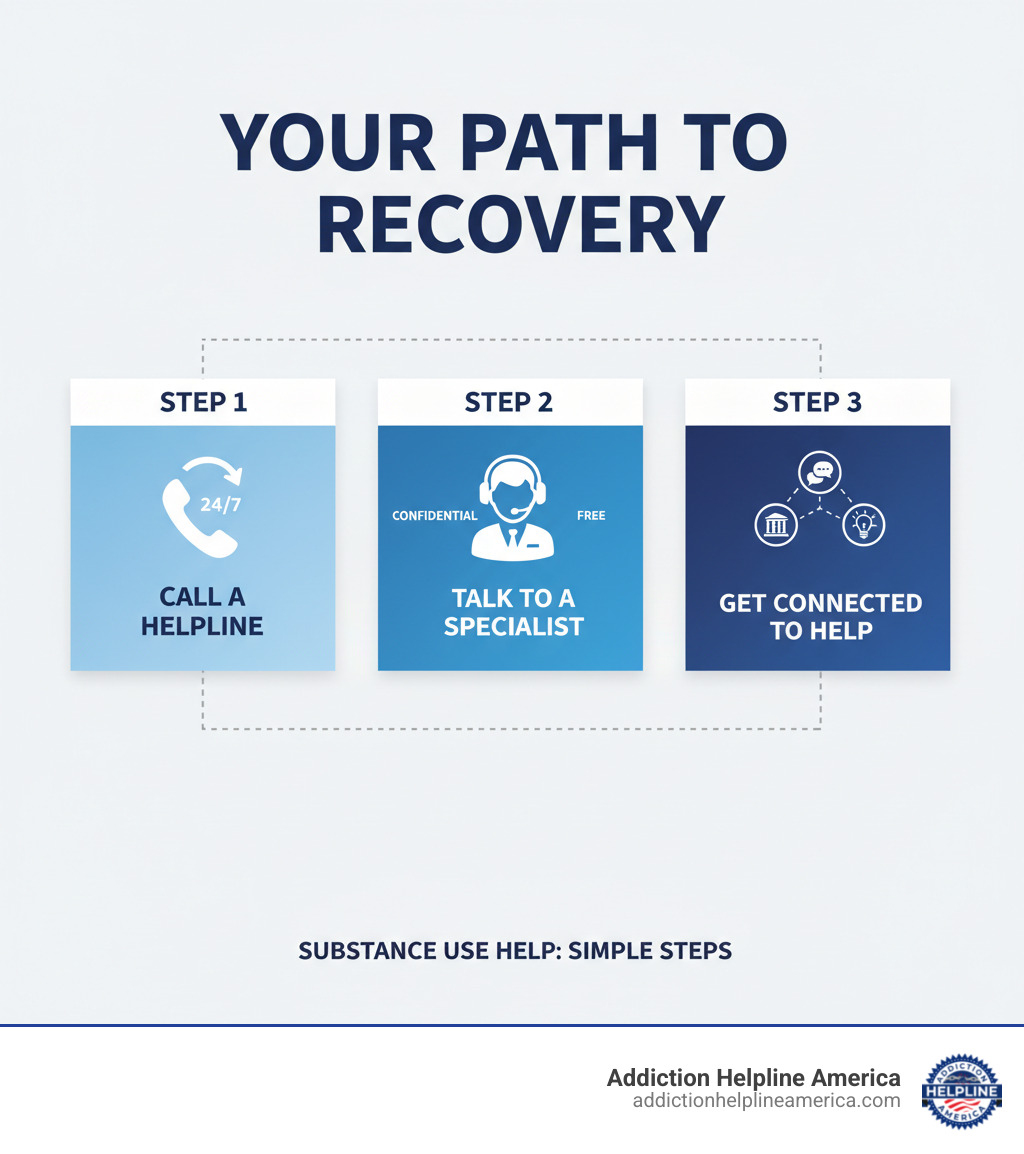
Helplines for substance abuse vocab to learn:
What to Expect When You Call a Helpline
When you pick up the phone to call a helpline for substance abuse, you’re taking a brave step—and you deserve to know what happens next.
Think of these helplines as a personal guide. Their purpose is to connect you with real help—treatment options, information, or just an understanding voice. You’re not calling a bureaucracy; you’re reaching trained specialists who want to help you move forward.
Here’s something that often surprises people: these services are completely free. No hidden charges, no bills showing up later. The goal is to remove every possible barrier between you and the help you need.
Your privacy is a top priority. Everything you share is confidential and anonymous, protected by privacy laws. You can speak honestly without judgment, and you don’t even have to give your name. It’s a safe space to be open about what’s happening.
The person on the other end of the line isn’t just reading from a script. These are trained specialists and counselors who understand addiction. Many have personal or professional experience with recovery. They offer non-judgmental support because they know shame only makes things harder. Their job is to listen, understand, and help you find your next steps.
Language should not be a barrier to help. Most major helplines offer extensive language support, including interpreters for over 170 languages in real-time. At Addiction Helpline America, we ensure language barriers don’t prevent you from getting the help you need.
These helplines are also incredible sources of information. They can walk you through what treatment looks like and explain different approaches. If you want to learn more about treatment, the guide What Is Substance Abuse Treatment? A Booklet for Families offers helpful background information.
Preparing for Your Call
You don’t need to be perfectly prepared to call. If you’re in crisis or just need to talk, that’s enough. Specialists are trained to meet you where you are.
That said, having a few details handy can help the conversation go more smoothly. Think of it as helping the specialist help you better.
If possible, have a general sense of your substance use history (substances used, duration, past treatment attempts). This helps specialists understand your situation faster.
Your insurance information is also helpful. Knowing your provider and policy helps specialists find facilities that accept your coverage and explain your benefits.
Your location or zip code is important because it allows specialists to connect you with local treatment centers and support groups.
Finally, jot down any questions you have about treatment options, family advice, or detox. This ensures you don’t forget to ask what’s important to you.
But again—if you don’t have any of this information, that’s okay. The specialists will guide you. Sometimes just saying “I need help” is all it takes.
What Are the Benefits of Calling Helplines for Substance Abuse?
Reaching out to a helpline for substance abuse can change everything. Here’s how.
Immediate emotional support can be a lifeline. Hearing a compassionate, non-judgmental voice can bring relief and calm you when you feel overwhelmed.
Helplines serve as bridges to real treatment. Specialists provide treatment referrals based on your specific needs—whether that’s inpatient rehab, outpatient programs, or detox facilities. They can help you understand the different levels of care available.
You’ll also gain valuable information on addiction. Understanding the nature of substance use disorders, symptoms, and treatment approaches empowers you to make informed decisions.
Addiction affects entire families. That’s why helplines offer crucial guidance for families and loved ones. Specialists can help you understand how to approach someone about their addiction, recognize warning signs, and find support resources for yourself.
In moments of acute crisis—like suicidal thoughts related to substance use—helplines provide crisis intervention. Trained specialists can assess risk, help create a safety plan, and connect you with emergency services if needed. They’re trained to handle these high-stress situations with care. For more about this type of support, visit More info about crisis hotline services.
The simple act of making that first call can be the turning point. You’re not just getting information—you’re taking action toward recovery.
A Guide to National and Specialized Helplines for Substance Abuse
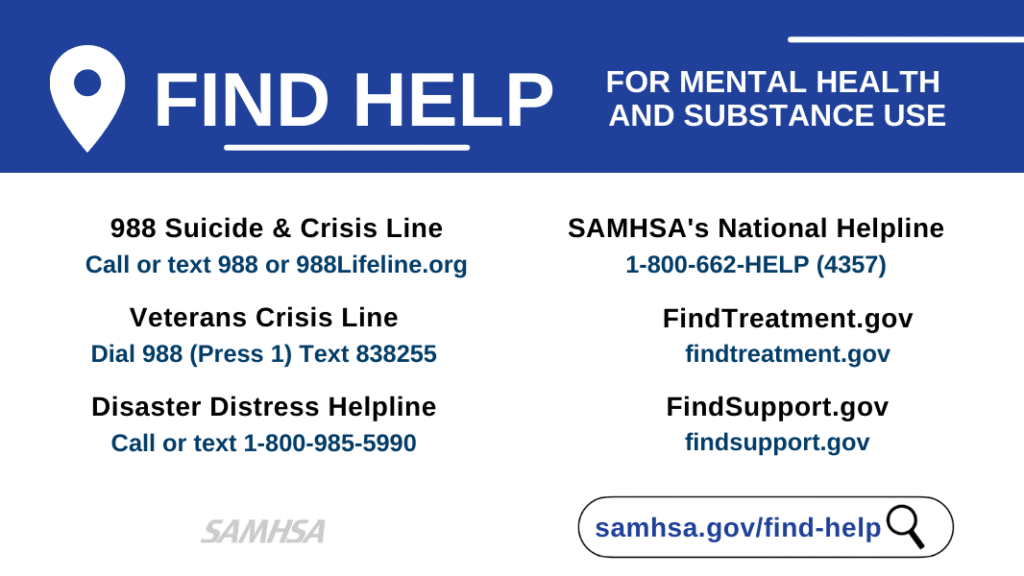
Finding the right help can feel overwhelming. Understanding the landscape of helplines for substance abuse helps you connect with support that fits your specific situation.
The good news? Help is available 24/7 through multiple channels. Whether you prefer talking on the phone, texting, or using online chat, there’s a method that works for you. National helplines serve people across all states, while specialized helplines focus on particular groups, ensuring you get the right support when you need it.
Key National Helplines
When you need help with substance abuse, national helplines provide a crucial first point of contact. These services reach across state lines to connect anyone, anywhere in the country, with the resources they need.
At Addiction Helpline America, we’re proud to serve as a key national resource connecting individuals nationwide to addiction and mental health treatment centers. Our specialists provide free, confidential, and personalized guidance to help you find the right recovery program from our vast network of providers. We take the time to match you with treatment options that truly fit your needs. You can connect with us through our Addiction Helpline America National Helpline.
National helplines for substance abuse exist because everyone deserves access to help, regardless of where they live. These services form the backbone of addiction support in America, ensuring a compassionate voice is always just a call, text, or click away.
Helplines for Families and Loved Ones
Addiction impacts entire families. If you’re worried about a loved one, you’re likely carrying a heavy burden. Many helplines for substance abuse offer guidance for family and friends, not just the person using substances.
At Addiction Helpline America, we recognize that supporting a loved one through addiction is challenging. Our specialists can guide you on how to approach someone about their substance use, recognize warning signs, and connect you with resources designed for families. We offer extensive resources through our Help for Loved Ones section, where you can find family support resources for your situation.
Whether you’re a parent, spouse, or child, support exists for you. These resources help you address codependency, improve communication, and find your own path to healing. Taking care of yourself is essential, not selfish.
Specialized Helplines
Sometimes, the most effective support comes from people who understand your unique circumstances. That’s where specialized helplines for substance abuse come in, catering to specific populations or challenges.
Veterans often face unique challenges related to trauma and readjustment to civilian life. Our resources include comprehensive information on Rehab Centers for Veterans designed to address their specific needs with respect and specialized care.
LGBTQ+ individuals may need support from people who understand the particular stresses and discrimination they face. Specialized helplines create a safe, judgment-free space to discuss substance abuse and related mental health concerns.
Many people struggling with substance use also battle co-occurring mental health conditions like depression or anxiety. This dual diagnosis requires integrated treatment that addresses both issues simultaneously. At Addiction Helpline America, our specialists can connect you to treatment centers that offer comprehensive care for both substance use and mental health disorders.
After the Call: Connecting to Treatment and Support

Making the first call is a monumental step, but it’s just the beginning. The real power of helplines for substance abuse is what happens next: connecting you to treatment facilities, support groups, and services to help you build a life in recovery.
Helpline specialists act as personal navigators through addiction treatment. They don’t just listen—they guide you toward real solutions that match your specific situation.
From Helpline to Treatment Center
After your call, the next step is a screening process. This isn’t an interrogation. Specialists will ask about your substance use, mental health, and living situation to understand your needs.
This information helps them determine your level of care—how intensive your treatment should be. Some people need 24/7 medical supervision, while others do well with therapy while living at home.
If you’re physically dependent on substances, you might start with medical detox. Here, healthcare professionals help your body safely manage withdrawal symptoms. Our specialists can connect you with compassionate Detox Facilities that prioritize your safety and comfort.
Inpatient rehabilitation provides a structured environment to focus on recovery. Living at the facility removes you from triggers while you receive intensive therapy and medical care. This immersive experience builds a foundation for lasting change. Our Inpatient Rehab Programs Complete Guide explains what to expect.
Outpatient programs allow you to maintain daily responsibilities while getting treatment. You attend therapy sessions and return home. This includes Intensive Outpatient Programs (IOP) and Partial Hospitalization Programs (PHP), which offer more structured care without an overnight stay.
Many centers now offer telehealth therapy, bringing counseling to your home through video sessions, making treatment more accessible.
At Addiction Helpline America, we consider all these factors—insurance, location, and personal needs—to identify the right facility for you.
Medication-Assisted Treatment (MAT) and Other Therapies
Recovery isn’t one-size-fits-all, and helplines for substance abuse can connect you to a range of effective treatment approaches.
Medication-Assisted Treatment (MAT) revolutionizes care for opioid and alcohol use disorders. It combines FDA-approved medications (like buprenorphine, methadone, and naltrexone) with therapy. These are not a substitute drug; they are medical tools that reduce cravings and withdrawal, allowing you to focus on recovery. You can find medication-assisted treatment (MAT) through our network, and we can guide you to Methadone Clinics Closest to Me if needed.
Behavioral therapies are the heart of treatment. They help you understand triggers and develop healthier coping skills. Cognitive Behavioral Therapy (CBT) changes thought patterns leading to substance use, while Dialectical Behavior Therapy (DBT) helps manage intense emotions. These are practical, skill-building sessions.
For those with addiction and mental health conditions like PTSD, dual diagnosis treatment addresses both at once. Integrated care is essential for lasting recovery.
Finding Long-Term Support Groups
Recovery doesn’t end after treatment; long-term support is crucial. Helplines for substance abuse connect you not only to treatment but also to peer support networks that can sustain your recovery for a lifetime.
12-Step programs like Alcoholics Anonymous and Narcotics Anonymous have helped millions maintain sobriety through peer-led meetings and mutual support. The sense of community and accountability is incredibly powerful. You can find support groups through our resources.
SMART Recovery offers a secular, science-based alternative focused on self-empowerment and cognitive-behavioral tools. What matters is finding the approach that resonates with you.
Support groups like Al-Anon and NAR-Anon also provide community for family members navigating their own healing journey.
These groups are lifelines where you can share struggles without judgment and find hope when recovery feels impossible.
Frequently Asked Questions about Substance Abuse Helplines
You might have questions swirling in your mind—questions that could be standing between you and making that call. Let’s clear up some common concerns about helplines for substance abuse.
Are substance abuse helplines really confidential?
Yes, absolutely. Opening up about addiction feels vulnerable, so know your privacy is protected.
When you reach out to helplines for substance abuse, your conversation is private. These services operate under strict privacy laws like HIPAA (the Health Insurance Portability and Accountability Act), which legally protects your personal health information. The specialists won’t share your information without your permission.
Even better, you don’t need to provide personal information. You can call anonymously and still receive full support, guidance, and referrals. It’s a safe space to speak openly without fear of judgment.
What should I do in a drug or alcohol-related emergency?
If someone is experiencing a medical emergency related to drugs or alcohol, call 911 immediately. This is not the time for a helpline; it’s time for emergency medical services.
Signs of an overdose include slow or no breathing, bluish lips or fingernails, gurgling sounds, being unresponsive, or seizures. If you see these signs, call 911 right away. Every second counts, and paramedics carry medications like Naloxone (Narcan) that can reverse opioid overdoses.
For questions about poisoning or potential overdose concerns, you can also reach the American Association of Poison Control Centers at 1-800-222-1222. They provide expert advice 24/7.
Helplines for substance abuse are for guidance and support, not immediate medical crises. Once the crisis has passed, helplines can assist with next steps and treatment options.
Can I call a helpline if I’m not the one with the problem?
Yes, absolutely—and you should. Many of our calls come from concerned family and friends. You don’t have to be the one using substances to need support.
Watching a loved one battle addiction is heartbreaking. Helplines for substance abuse offer crucial guidance for families and loved ones, helping you understand the situation and how to respond effectively.
When you call for someone else, specialists can help you recognize signs of substance misuse, discuss intervention strategies, and connect you with family support resources. Organizations like Al-Anon and NAR-Anon exist to support those affected by someone else’s addiction, and specialists can direct you to them.
Even if your loved one isn’t ready for help, you can still prepare by learning about treatment options and finding support for yourself. You can explore our Help for Loved Ones resources and find family support resources for the challenges you’re facing.
Reaching out is an act of courage and love. We’re here to support you.
Conclusion: Take the Next Step Today
You’ve made it this far, which shows you’re ready for change. Whether you’re reading for yourself or a loved one, learning about helplines for substance abuse means hope is taking root.
We’ve seen it time and time again: recovery is possible. It’s a reality for millions who once felt as overwhelmed and uncertain as you might now. They took the first step, reached out, and found a new life.
You are not alone in this journey. Every day, thousands of people connect with a helpline specialist. Every day, families find hope. Every day, someone takes action and changes their life.
At Addiction Helpline America, we’ve dedicated ourselves to being part of that transformative moment. We understand that picking up the phone can feel hard. That’s why our service is centered on compassion, confidentiality, and personalized guidance. We take the time to understand your unique situation and connect you with treatment options from our vast network of addiction and mental health treatment centers nationwide.
Taking action today is the key. Recovery doesn’t start at a treatment center; it starts the moment you decide you’re worth it and reach out to say, “I need help.”
You’ve learned what to expect, what resources are available, and how helplines can guide you to long-term recovery support. Now it’s time to turn that knowledge into action.
Find a confidential addiction and rehab hotline now
Your journey toward recovery begins with a single step. Let today be the day you take it.
Our helpline is 100%
free & confidential
If you or someone you care about is struggling with drug or alcohol addiction, we can help you explore your recovery options. Don’t face this challenge alone—seek support from us.
Programs
Resources
Will my insurance
cover addiction
treatment?
We're ready to help
Find the best
drug or alcohol treatment
center
Are you or a loved one struggling with addiction? Call today to speak to a treatment expert.



